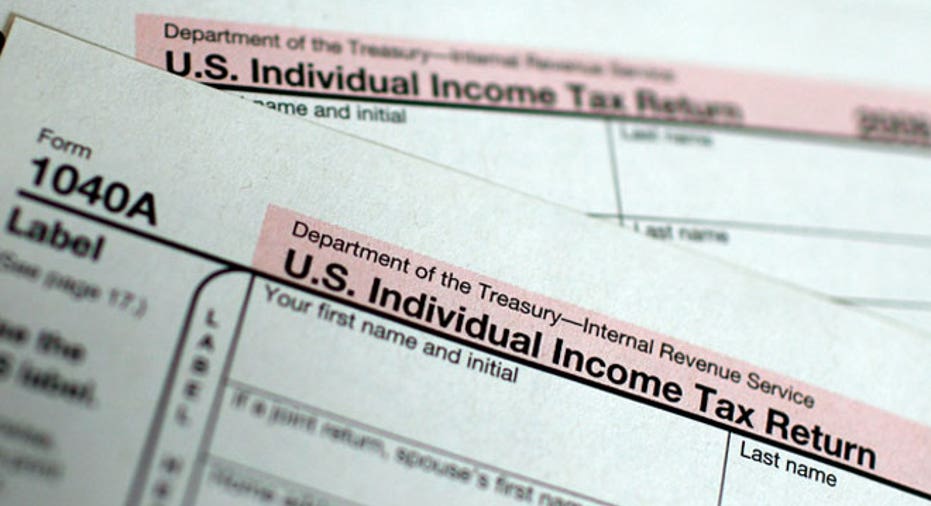Does Reader Owe Tax on Debt Canceled in 1991?

Dear Tax Talk, I got a Form 1099-C in the mail this week from a bank for a debt cancellation. The loan originated in 1989, and it was charged off in 1990. The representative I talked to said they gave up trying to collect the debt in 1991. He said they purged their systems in 2012, and the Form 1099 was generated. I have been divorced from the co-borrower on this loan for 23 years and am completely amazed that I could get a tax bill on this after this length of time. Is this legal? -- Annette
Dear Annette, Your amazement isn't misplaced. Your lender is off-base. If the bank gave up collection efforts in 1991, then that is when the debt was charged off in their books, and that should have been the year they issued the Form 1099.
New for 2012, the Internal Revenue Service has added an identifiable event code in box 6 of Form 1099-C. The lender has the option of not completing the box, but if it did, you should relate it back to the codes in Publication 4681 to see the reason for justifying the Form 1099 in 2012.
If the reason code is blank or otherwise does not make sense, talk to the lender to see if there is any way you can get them to look at Publication 4681 and make them realize they may have the wrong year. Even if they had it in their system all these years, if they haven't done anything with it, then they are still incorrect in issuing the Form 1099 for 2012.
If you can't get anywhere with the lender, you'll need to take it into account on Form 982.You may want to work with a professional tax-return preparer to properly complete Form 982 to avoid IRS issues with the debt cancellation.
To ensure compliance with requirements imposed by the IRS, we inform you that any U.S. federal tax advice contained in this communication (including any attachments) is not intended or written to be used, and cannot be used, for the purpose of (i) avoiding penalties under the Internal Revenue Code or (ii) promoting, marketing or recommending to another party any transaction or matter addressed herein. Taxpayers should seek professional advice based on their particular circumstances.
Bankrate's content, including the guidance of its advice-and-expert columns and this website, is intended only to assist you with financial decisions. The content is broad in scope and does not consider your personal financial situation. Bankrate recommends that you seek the advice of advisers who are fully aware of your individual circumstances before making any final decisions or implementing any financial strategy. Please remember that your use of this website is governed by Bankrate's Terms of Use.



















